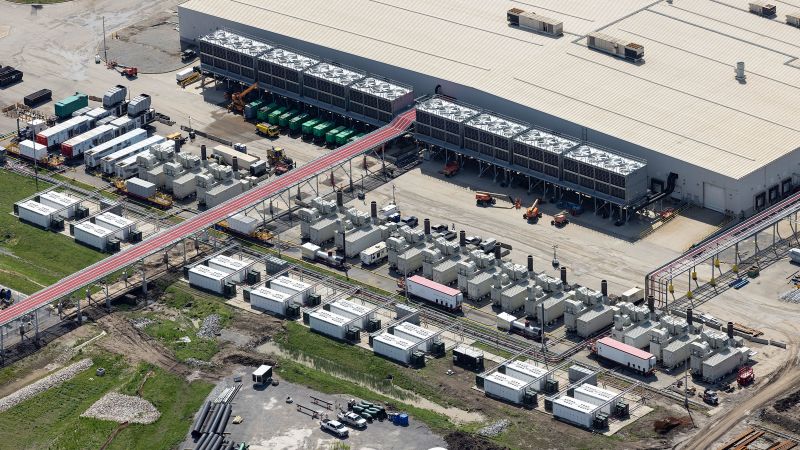
Elon Musk is building ‘the world’s biggest supercomputer.’ It’s powered with dozens of gas-powered turbines | CNN
- 19 hours ago
- edition.cnn.com
- Keywords: AI, Memphis, Shelby County, MLGW, SEL, ProPublica, EPA, Tennessee, American Lung Association
Elon Musk's AI company xAI built a massive supercomputer in Memphis, powered by gas turbines. Residents are concerned about pollution and health risks from the facility's emissions.